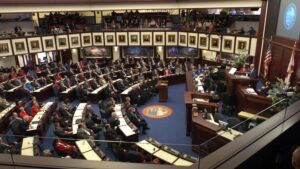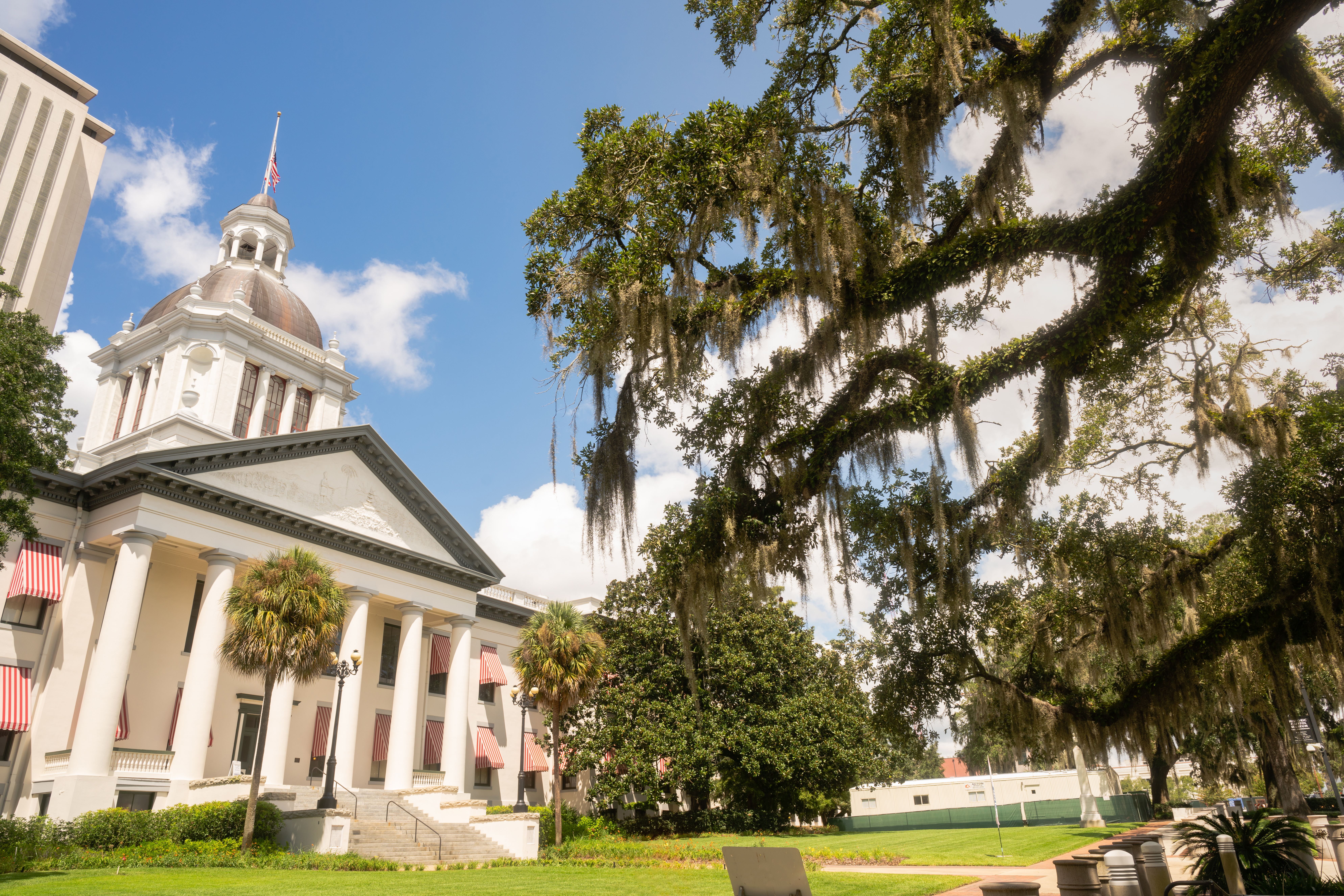BLOG
Florida condominium associations and those who provide them with expert guidance have experienced some confusion and questions over aspects of last year’s condo-safety reforms, and the state Senate has responded with the passage of key amendments to address some of these concerns. While a companion bill remains before the House, Senate Bill 154, which was passed unanimously, deals with the new requirements for inspections and financial reserves.
Under last year’s reforms, milestone inspections are required for buildings that have been occupied for 30 years (25 years if within three miles of a coastline), and additional inspections are required every 10 years thereafter. The new bill allows buildings within three miles of the coastline to be inspected after they have been occupied for 30 years, but it enables local officials to require inspections after 25 years of occupancy depending on “local circumstances, including environmental conditions such as proximity to salt water.” It also clarifies that the required milestone inspections apply only to residential condominiums and mixed-use buildings.
 If enacted, the bill would also allow local officials to extend inspection deadlines if building owners have entered into contracts with architects or engineers but have been unable to complete inspections in time. In response to complaints from associations over the lack of available qualified inspectors, it also permits for inspections conducted by design professionals working under engineers or architects as the registered professionals in charge.
If enacted, the bill would also allow local officials to extend inspection deadlines if building owners have entered into contracts with architects or engineers but have been unable to complete inspections in time. In response to complaints from associations over the lack of available qualified inspectors, it also permits for inspections conducted by design professionals working under engineers or architects as the registered professionals in charge.
Last year’s reforms also called for condos that are three stories or higher to conduct structural integrity reserve studies for repairs to features such as roofs, load-bearing walls and fire-protection systems. The bill extends the deadline for the completion of these studies to Jan. 1, 2025 and clarifies the components that must be included in the structural integrity reserve study. Finally, the bill clarifies that for a budget adopted on or after December 31, 2024, members will not be able to vote to waive reserves for components included in the structural integrity reserve study.
Our firm’s South Florida community association attorneys will be continuing to follow the companion bill that is now before the House. To stay up to date on this and other timely topics, we encourage association directors, members and property managers to enter their email address in the subscription box on the right to automatically receive all our future articles.

